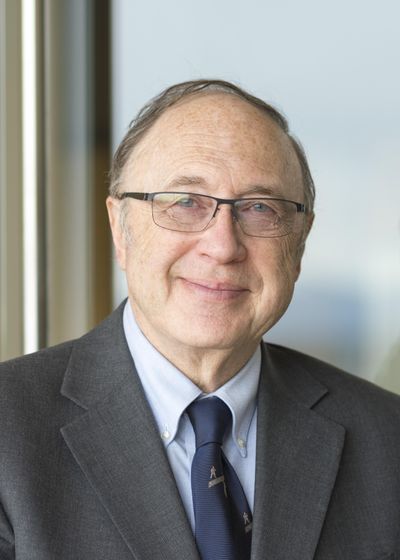Access to free or low-cost medicines helps reduce ER and hospital use, Spokane study finds

A Spokane program that helps patients get free or low-cost medicines from big drug companies also led to fewer hospital admissions and fewer emergency room visits, a study concluded.
The Spokane Prescription Assistance Network helped connect low-income patients with major drug companies’ programs, then followed those patients for a year, said Dr. Samuel Selinger, a retired physician who helped organize the network.
Most major pharmaceutical companies have prescription assistance programs, but patients might not know about them or know how to take advantage of them, Selinger said.
The Spokane study showed an overall drop in hospitalizations and ER visits among the 310 patients tracked. The results were published April 1 in the Journal of Managed Care Pharmacy.
Until now, there hasn’t been a lot of research about prescription assistance programs and their effect on health care utilization, said lead study author Mason Burley, a doctoral student at WSU Health Sciences in Spokane. That’s because most of the data about prescription assistance programs is proprietary to the different pharmaceutical companies.
For the study group as a whole, “there was a significant reduction” in the number of hospitalizations and ER visits the year after they received prescription assistance, Selinger said.
Some subgroups of patients had a big drop in hospitalizations and ER visits, such as those receiving maintenance medicine for asthma or chronic obstructive pulmonary disease, he said.
Two groups, however, had more “acute care contacts” than they did before they got the assistance – patients receiving psychotropic medicines for mental conditions and 18- to 23-year-olds.
Those groups are ripe for more study, Selinger said.
Burley said funding is available for further investigation but a study is not underway.
The study was a collaboration between the Spokane Prescription Assistance Network, Washington State University Spokane, and local doctors and hospitals.
Selinger called such a collaboration – “without a lot of fuss and argument” – pretty unusual, but added, “The wonderful thing about this, we’ve been able to help people.”